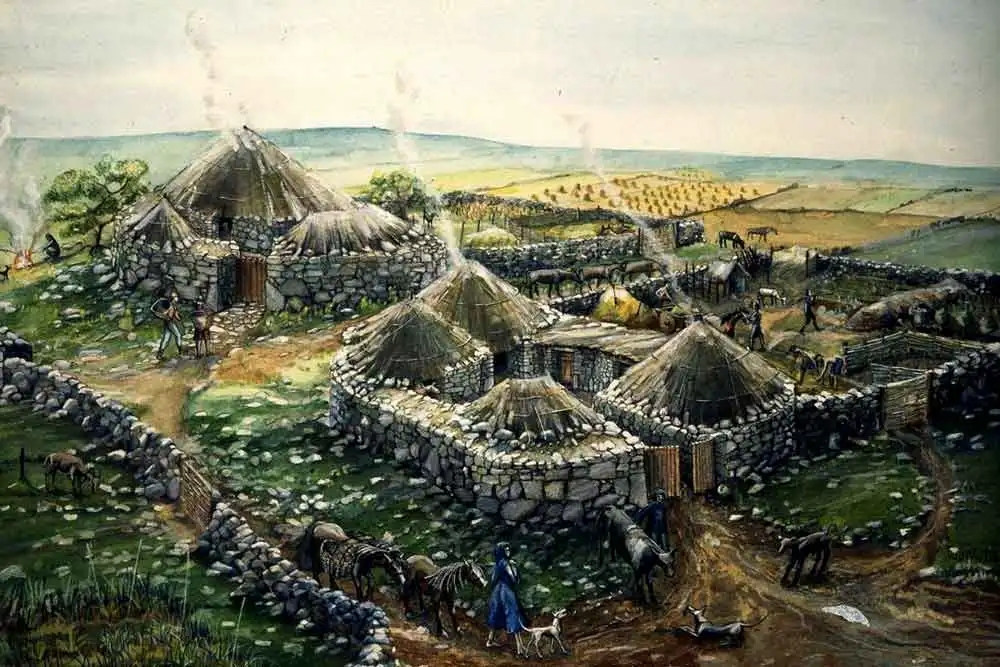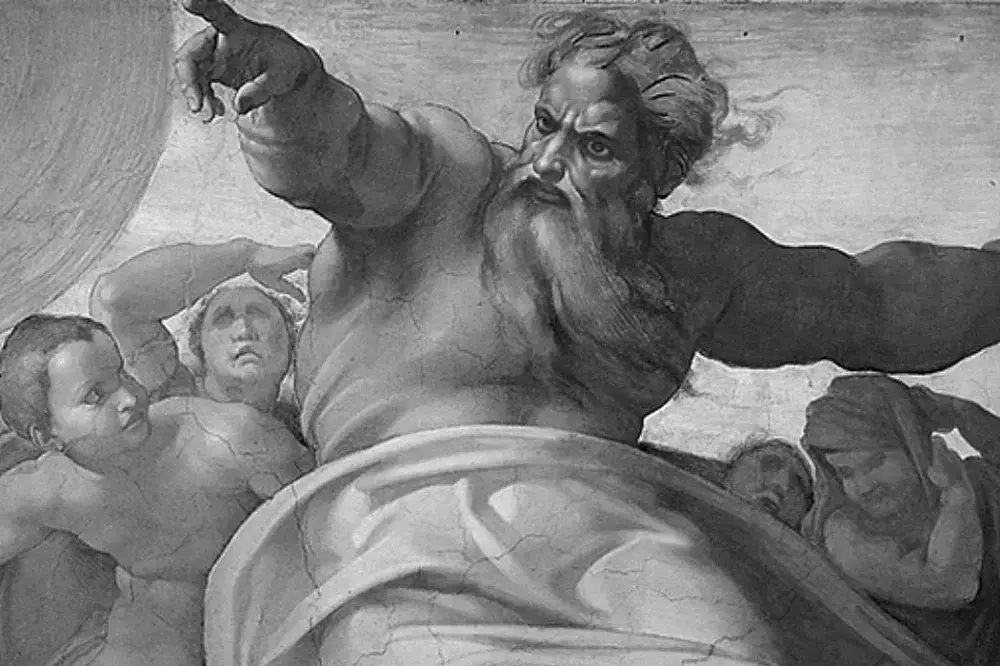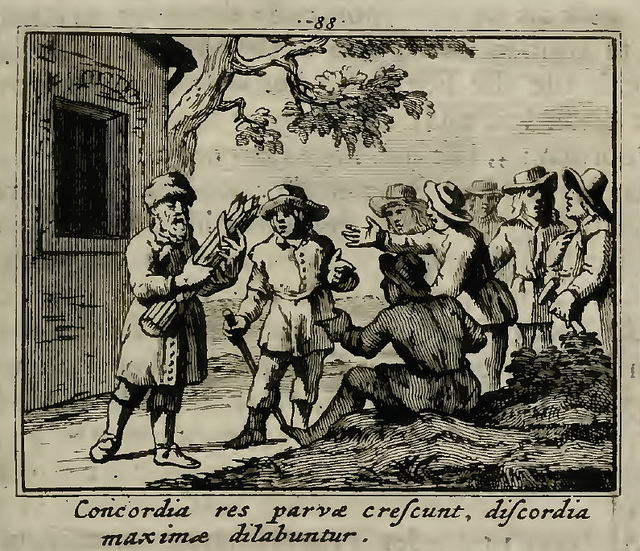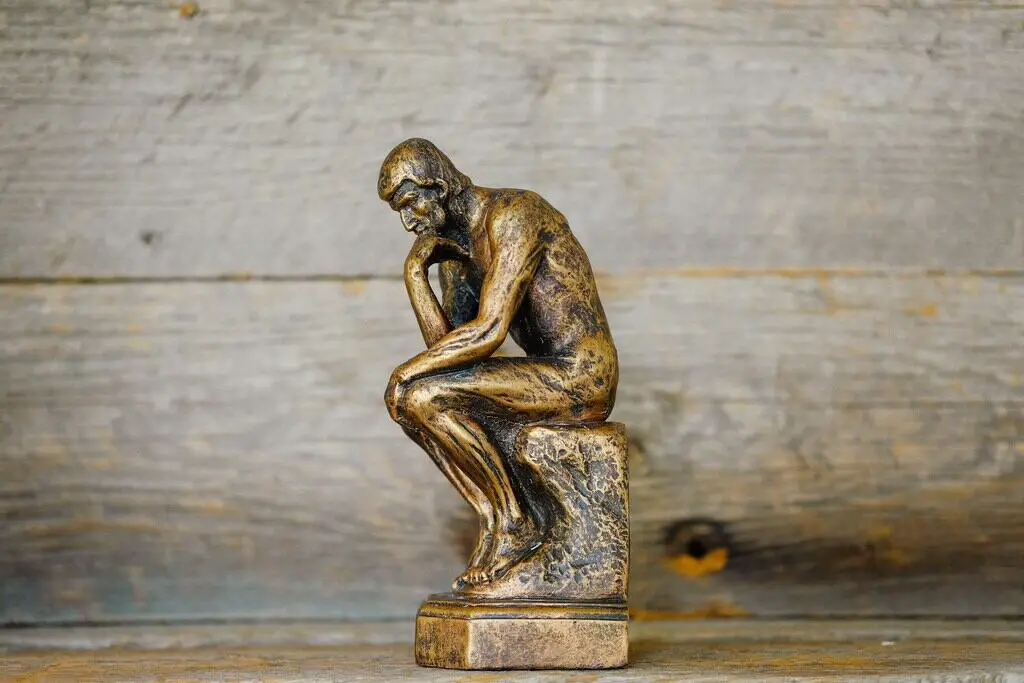As tends to be useful, we’ll start by clarifying how we interpret the word civilization, what role it plays, and what conditions it requires.
In one of our earliest articles we stated that civilization was to us ‘the consequence of human beings cooperating with one another’. This is still the best descriptor we know of to-date.
Characteristics of Civilization
Archaeologists will proclaim “Here we have signs of human civilization!” when uncovering a piece of red clay pottery. However, were they to also discover a piece of glazed porcelain pottery they would state that it was evidence of a “more advanced human civilization”. Why is that though?

There seems to exist something of a formula here – let’s see if we can unravel it.
The degree to which human beings successfully cooperate with one another, is the degree to which they have the time and material resources to allocate towards improving their strategies for living.
Let’s repeat that, but in reverse.
The degree to which human beings have time and resources to allocate towards improving their strategies for living, is the degree to which they successfully cooperate with one another.
Seems plausible.
If this is true, civilization is not really a binary but more of a spectrum. Some peoples are more civilized than others, but even the least civilized humans today are more civilized than some humans who lived in the past.
Civilization, then, is a continuous state of human endeavor and development.
Is Civilization Good?
Let us recall that what is good is that which is functional, which benefits an aim, and that our ultimate aim is human life.
In this case, we would have to ask whether or not civilization benefits human life.
Does red clay pottery benefit human life? Most certainly. Pottery permitted humans to increase efficiency and hygiene when consuming, gathering and storing food and drink.
What about glazed pottery? Absolutely – it was an improvement on non-glazed pottery for the same purposes.
Whether it’s the improving of tools, clothing, shelter, transportation, resource management, weaponry and methods of defense, they typically all served to benefit human life.
But what about beautiful hand painted pottery? What about jewelry, ornate armor, music and theater?
Avid readers will remember too what was previously written regarding the creativity of humans – that it was something instinctive and not an activity which we could simply decide not to engage in. It’s the imagination of the human mind that does not allow us to linger in our current state of existence – at least not for very long.
We yearn for something which we believe is attainable through our creative action which transfers our intangible imagination into the tangible realm.
Does creativity benefit human life? If the necessity for humans to be creative is akin to their necessity to eat and sleep, then, yes, it must surely be beneficial.
Essentially, civilization is good to the extent to which it benefits human life.
Conditions of Civilization
Since human civilization is the consequence of human cooperation, the first and foremost condition for civilization is the cooperation of human beings.
This then begs the question “How does human cooperation come about?”.
If individual humans could supply all, or almost all, of their needs and desires for themselves on their own, there would be little-to-no need for cooperation. This not being the case, it is primarily, and initially, the needs and desires of individual humans which pull them towards cooperating with one another.
However, cooperation requires something itself – trust.

We well understand that there is something to gain by cooperating with one another, however we also recognize the attached risks. At the heart of every decision to cooperate is a cost-benefit evaluation which seeks to compare the appealing benefits against the risks associated with trusting others.
And here something quite interesting, if not spooky, happens. We come full circle.
For, when we examine trust, and where it resides first and foremost, we eventually arrive all the way back at the starting point – community, family, the human individual.
Trust starts with yourself – the human individual. If you lacked trust in yourself you would not be alive.
The next level of trust exists with your family. And for good reason – they are the humans you have known best.
The trust level following that of family is community.
In other words, it’s a sort of symbiotic relationship which exists between trusting, and therefore cooperating humans, and civilization. And without humans who fundamentally trust one another, civilization is a riverbed without water, an eyeball with nothing to see, a potential without possibility.
Conclusion
Civilization is the continuous development of human endeavor, and it is good insofar as it benefits human life.

Trust between humans is necessary in order for their to be cooperation between them, and civilization is a consequence of such cooperation.
So in order for human life to benefit from the rewards of civilization, we have to be free and able to create trust-based relationships – specifically, families and communities – because only then can we truly, and meaningfully, cooperate with one another.





One thought on “Good for Civilization”